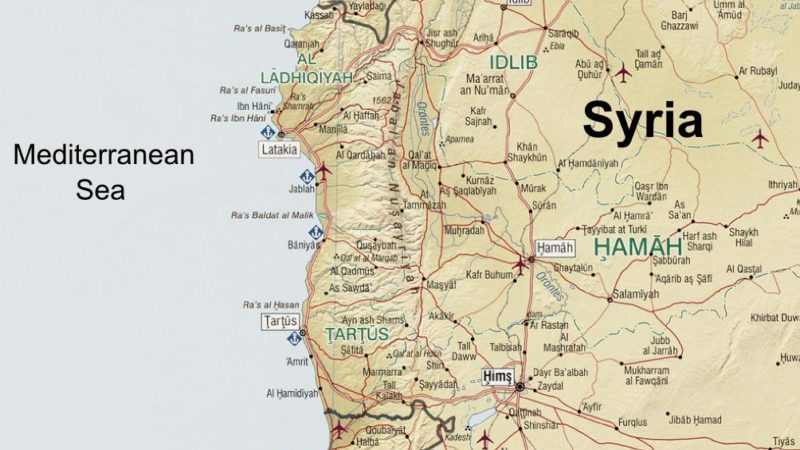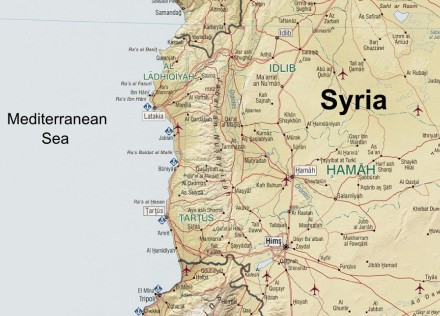
Just one of those things which everyone knows but which ain’t so: that in 2013 the House of Commons voted against UK participation in the bombing of Syria in response to Assad’s alleged use of chemical weapons against the rebels. No, it didn’t, actually. As I pointed out in a letter in the Guardian on 23 July, it’s been a commonplace observation by ministers, including the prime minister, and by the commentariat, that two years ago, parliament rejected a plan for UK air strikes on Syria. But it’s not so. In 2013, parliament simply rejected both rival sets of suggested criteria for a decision to take military action against Syria. Mr Cameron unaccountably (but fortunately) chose to misinterpret this as parliamentary rejection of any military action at all.
Anyway, what the Tories now propose is completely different: namely, UK participation in air attacks on parts of Syria controlled by ISIS, not this time against the Assad government’s own forces as envisaged in 2013. It would be nice to think that Ed Miliband and the PLP stopped Cameron launching yet another attack in the middle east, but I’m afraid that’s not what happened.

I hope that Labour, in collaboration with the SNP, LibDems and others, and quite possibly with support from some enlightened Tories (why not?), will persuade Parliament to make its approval for UK military intervention in Syria strictly conditional on four requirements: (1) legality – meaning either the explicit authority of the UN Security Council or a request for military support from President Assad, the former difficult and the latter distasteful; (2) explicit, attainable military and political objectives with a high chance of success, to ensure that our military action doesn’t do more harm than good; (3) specific measures to minimise civilian casualties; and (4) a plausible exit strategy – we must know when and how to stop. Unless all four conditions are satisfied, I believe that this time parliament should reject not just the government’s suggested criteria for this war but the proposed military action itself.
I’m not arguing that using military force against ISIS in Syria is necessarily wrong. But I do hope that Labour and other progressive parties in parliament will insist on the four minimum conditions that I am suggesting before it allows this military operation to go ahead, and I recognise that the conditions which I propose are extremely challenging – as they should be before the civil authority lets loose the British dogs of war, death and destruction in yet another middle eastern country. Every one of the four conditions is essential if another disaster is to be avoided. Meanwhile it’s worth remembering that parliament has not voted against this or any similar proposed intervention. But it hasn’t approved it, either.
As a postscript, I note that according to recent revelations a number of RAF pilots on secondment to (or ’embedded in’, a curiously unfortunate term) other allied air forces such as the USAF have been taking part in air strikes against ISIS in Syria, with the UK Defence Secretary’s approval but in the absence of UK parliamentary authority for British participation in such operations. This raises several interesting issues, none of which is directly relevant to the subject of this post: but there is plenty of scope for intensive further questioning of ministers by Labour and its progressive allies on what exactly has happened in the light of the surprising precedents disingenuously quoted by the Defence Secretary in the debate in the House of Commons on Monday (20 July 2015). Thus apparently Harold Wilson didn’t allow the Americans to use UK seconded military personnel in active combat in Vietnam: so why did Mr Fallon give them permission to use our RAF pilots seconded to the USAF in air strikes against targets in Syria when parliament had not given its approval for UK participation in that activity? There has been no satisfactory answer to that question so far. I think we should be told, and Labour in parliament has a duty and an opportunity to make sure that we are.
Brian Barder is an author and a former diplomat




More from LabourList
New intake Labour MPs: ‘Why we set up the Living Standards Coalition’
Andrew Pakes MP: ‘We need blue-collar Labour, not Blue Labour’
LabourList readers reveal their highs and lows of Labour’s first year